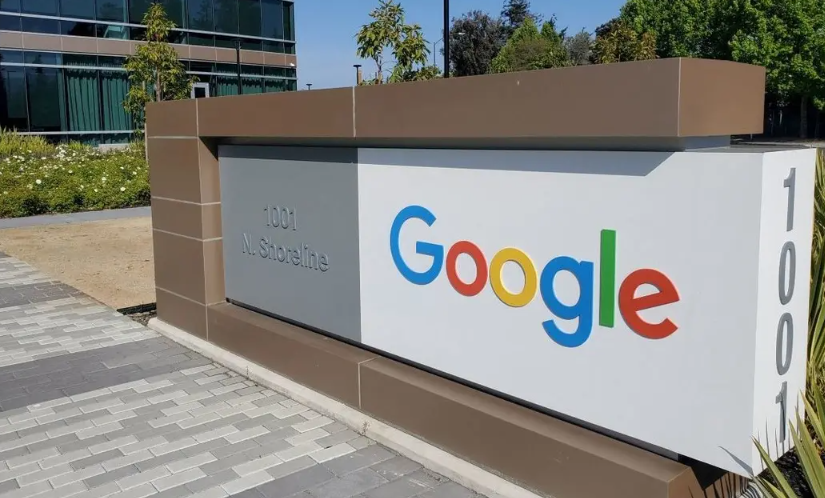
Google, a subsidiary of Alphabet Inc., is set to face the Federal Jury in Boston on Tuesday for a trial involving allegations that the processors used in its primary products for artificial intelligence technology infringe upon the patents of “Singular Computing,” a company founded by computer scientist Joseph Bates.
“Singular Computing” accuses Google of copying its technology to enhance artificial intelligence features in products like Google Search, Gmail, Google Translate, and other services. In court documents, Singular is seeking up to $7 billion in financial compensation, a figure surpassing the largest patent infringement award ever in the United States.
Google’s spokesperson, Jose Castaneda, dismisses Singular’s patents as “dubious” and asserts that Google independently developed its processors over several years. Castaneda states, “We eagerly anticipate setting the record straight in court.” The lawyer representing Singular has refrained from commenting on the case, as reported by Reuters.
The trial is expected to extend over two to three weeks.
In the 2019 complaint, Joseph Bates claims to have shared his computer processing innovations with Google between 2010 and 2014. Singular alleges that Google’s processing units, known as “Tensor,” which amplify the artificial intelligence capabilities of the tech giant, are a derivative of Bates’ technology and violate the patent.
The lawsuit contends that Google is utilizing an improved structure pioneered by Bates, enabling greater processing power and revolutionizing the approach to artificial intelligence training and inference.
Google introduced its processing units in 2016 to power various artificial intelligence functions, such as speech recognition, content creation, ad recommendations, and more. Singular asserts that the 2017 and 2018 versions of these units (Tensor 2 and Tensor 3) infringe upon its patent rights.
In December, Google informed the court that its processors operate differently from Singular’s patented technology, and it challenged the validity of Singular’s patents.
According to Google’s legal filing, “Google engineers had conflicting sentiments about the technology, ultimately rejecting it. The company explicitly informed Bates that his idea was not suitable for the types of applications Google was developing.”
Additionally, on Tuesday, a US appeals court in Washington will hear arguments regarding the potential invalidation of Singular’s patents in a separate case initiated by Google before the US Patent and Trademark Office.
Leave a Reply